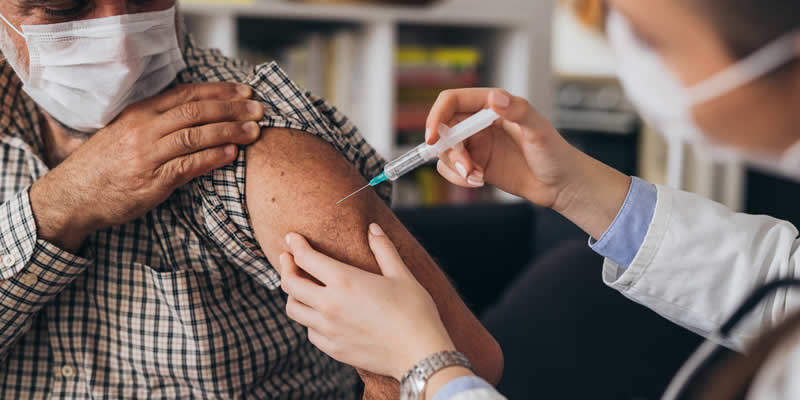A groundbreaking insulin pill has been developed which experts say could eventually replace traditional injections for those people with insulin dependent diabetes.
The medication has been created by a team from the New York University Abu Dhabi who wanted to find a less invasive way to manage diabetes.
It was a challenging process because insulin is a fragile material and they needed to find a way where it could travel safely through the stomach, eventually reaching the bloodstream, where it is needed.
The solution was creating a framework of tiny organic particles which resists the body’s efforts to digest the pills.
Once the capsules reaches the blood, the particles can automatically monitor a person’s insulin levels and only release the drug when it is needed.
Lead author of the study, Dr Farah Benyettou, said: “Our work uses insulin-loaded nanoparticles which exhibit insulin protection in the stomach as well as a glucose-responsive release.
“This technology responds quickly to an elevation in blood sugar. But it would promptly shut off to prevent insulin overdose and will dramatically improve the wellbeing of diabetic patients.”
Insulin therapy is a key part of controlling and regulating blood glucose levels. However, research has shown how some people have a fear of needles and therefore delay try to avoid insulin injections.
Although insulin pens alleviate some of these concerns, dosage errors can still be made, which can lead to complications.
The study has been published in the latest edition of the Royal Society of Chemistry journal, Chemical Science.









